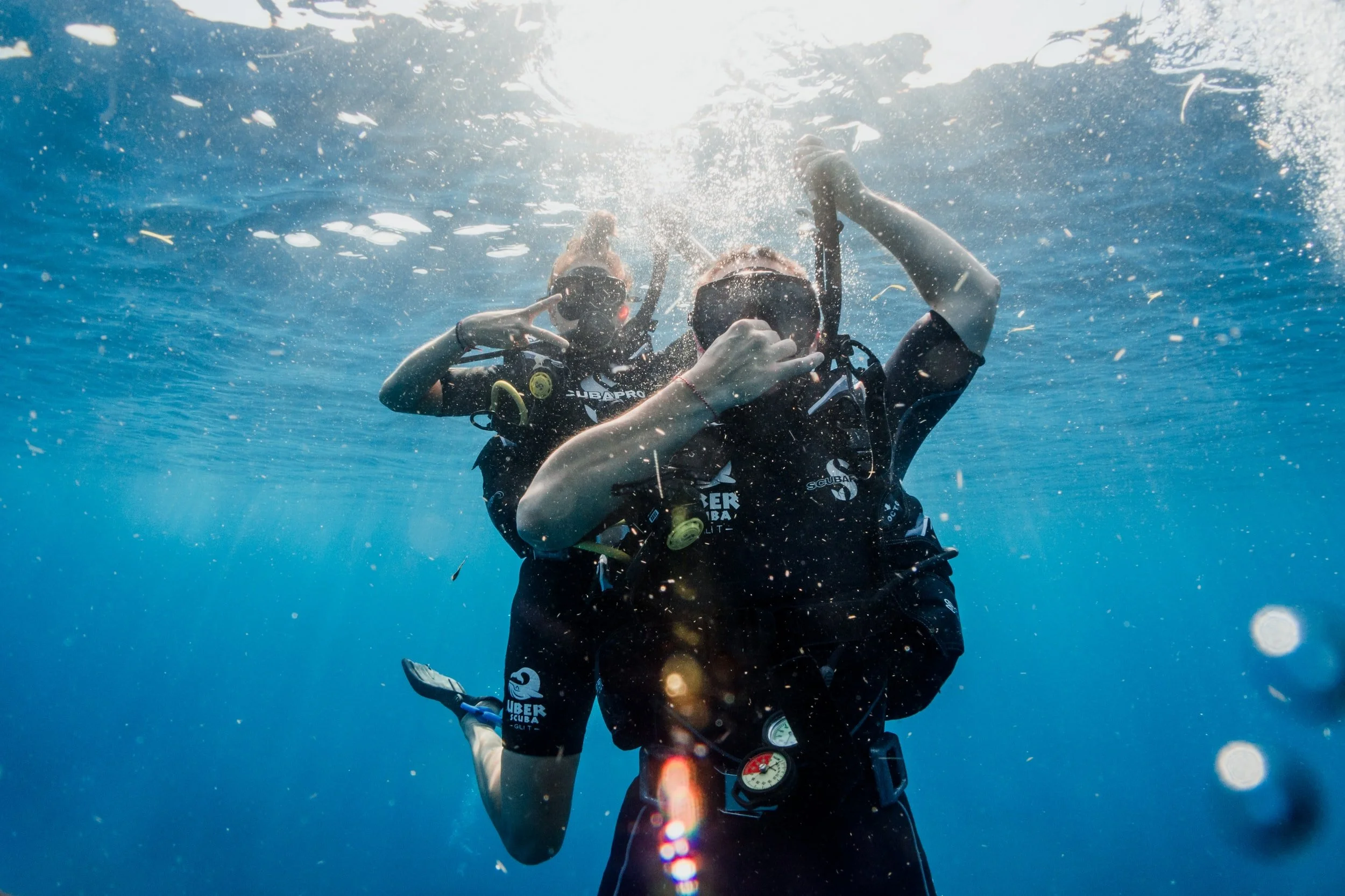Reduce the impact in ecosystems when scuba diving
Diving beneath the ocean waves and exploring the incredible underwater world found there is one of the most exciting and exhilarating experiences you can have. It is a privilege to be able to explore the sea and its reefs, and to interact with the incredible abundance and diversity of marine life that lives beneath the surface.
However, as lucky as divers are, they also get to see first-hand the damage that humans have had on the natural world. From coral bleaching and garbage to destruction of habitats and declining populations, it is easy to become disheartened quickly when faced with the consequences of our lives on land.
But scuba divers don’t have to be passive spectators. There are plenty of things that divers can do to make their passion more sustainable, and ensure that they reduce their own impact on the ecosystems they are exploring. So next time you are scouting the best Caribbean beaches to dive, or planning a live-aboard dive adventure, think about these actions you can take to make your dive more sustainable.
Take only pictures, leave only bubbles
A mash-up of the Countryside Code, it is vitally important that divers don’t leave any waste or garbage under the sea during their dive. It is also incredibly important not to remove anything from the fragile ecosystems you are exploring…with one exception! Make it a policy to always collect one piece of trash during your dive, and you’ll always know that you are making a positive difference to the natural environment.
Control your buoyancy
Buoyancy is key to enjoying your dive, but it also helps protect the marine environment. Poor buoyancy control can easily lead to accidental damage to coral or marine life, as you bump into reefs, drag gear on the bottom, or kick creatures with your fins.
Dive locally
While not possible for everyone, diving locally helps reduce the carbon footprint of your dives by cutting out air travel, and can be an amazing way to discover new, exciting perspectives on your home country. There are often amazing dive sites near where you live that you might never have thought about!
Be reef-safe and use sustainable gear
Always use organic, reef-safe sunscreen, and try to make sure that where possible your gear is made from sustainable materials and by ethical vendors. Try to aspire towards a low-waste, plastic-free lifestyle as well!

